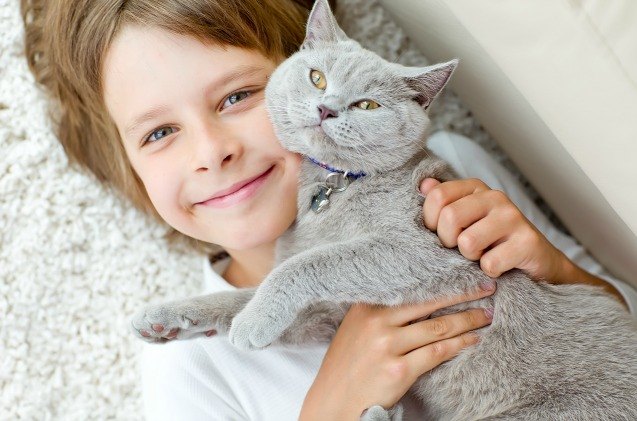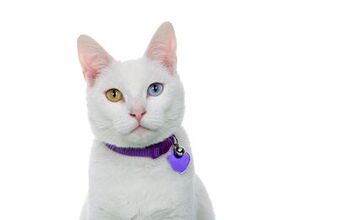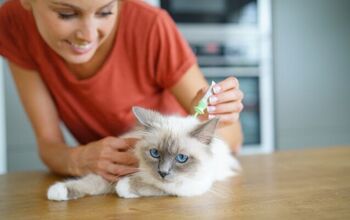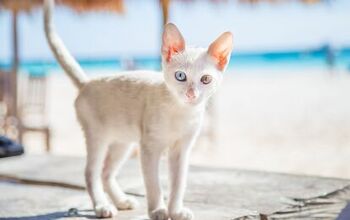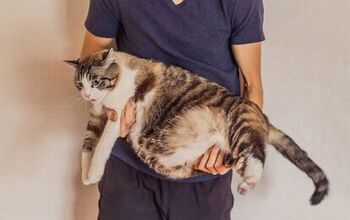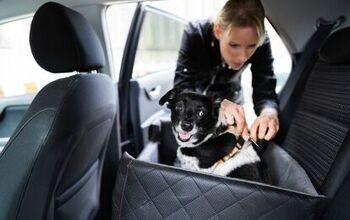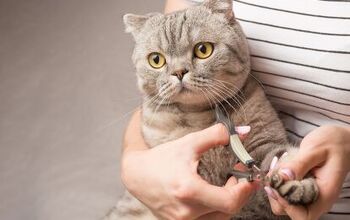HABRI Grant Helps Study Impact of Shelter Cat Adoption by Kids With Au

The Human Animal Bond Research Institute (HABRI) always looks at the bond between humans and animals, and has just awarded over $52,000 to the University of Missouri to conduct a study that will look at the interaction of adopted shelter cats and children with autism.
Related: HABRI Study Finds Dogs De-Stress Families with Autistic Children
The study, called, “Shelter Cat Adoption in Families of Children with Autism: Impact on Children’s Social Skills and Anxiety as well as Cat Stress,” will look at what happens when an adopted shelter cat is introduced to children with autism, particularly examining the effects of the child’s social skills and the stress level of the cats.
Dr. Gretchen Carlisle will lead the study and says that there are many studies that look at the effect of dogs on children with Autistic Spectrum Disorders (ASD) but very few regarding cats. This study will look at the benefits of a pet cat, as well as the well-being of the cat and family as a whole. She says prior research has shown positive effects on children with animal interaction and they want to see specifically what the cat interaction is.
The investigation team also received an additional $25,000 from the Winn Feline Foundation to enlarge the sample size of their study, as well as incorporate a statistician in their research for better power in their study.
Related: Cunning Cat Infiltrates Airport’s Canine Therapy Program [Video]
The study will last 18 months and participants will be recruited through a Midwestern treatment center for autism and autism diagnostics. Local shelter cats from two shelters will have temperament pre-screening and then will be enrolled in the program. Once enrolled, the pets will be incorporated in the families either at the beginning of the study or after 18 weeks (treatment and delayed treatment groups). The cat stress level will be measured through fecal cortisol and the team expects that children of families with an adopted shelter cat will have lower levels of anxiety and increased social skill ability, and that the cats will have little to no stress adjustment to their new homes.
HABRI executive director Steven Feldman says that the study can greatly advance knowledge of the benefits of human/animal bonding for children with ASD and their families.

More by Lori Ennis



